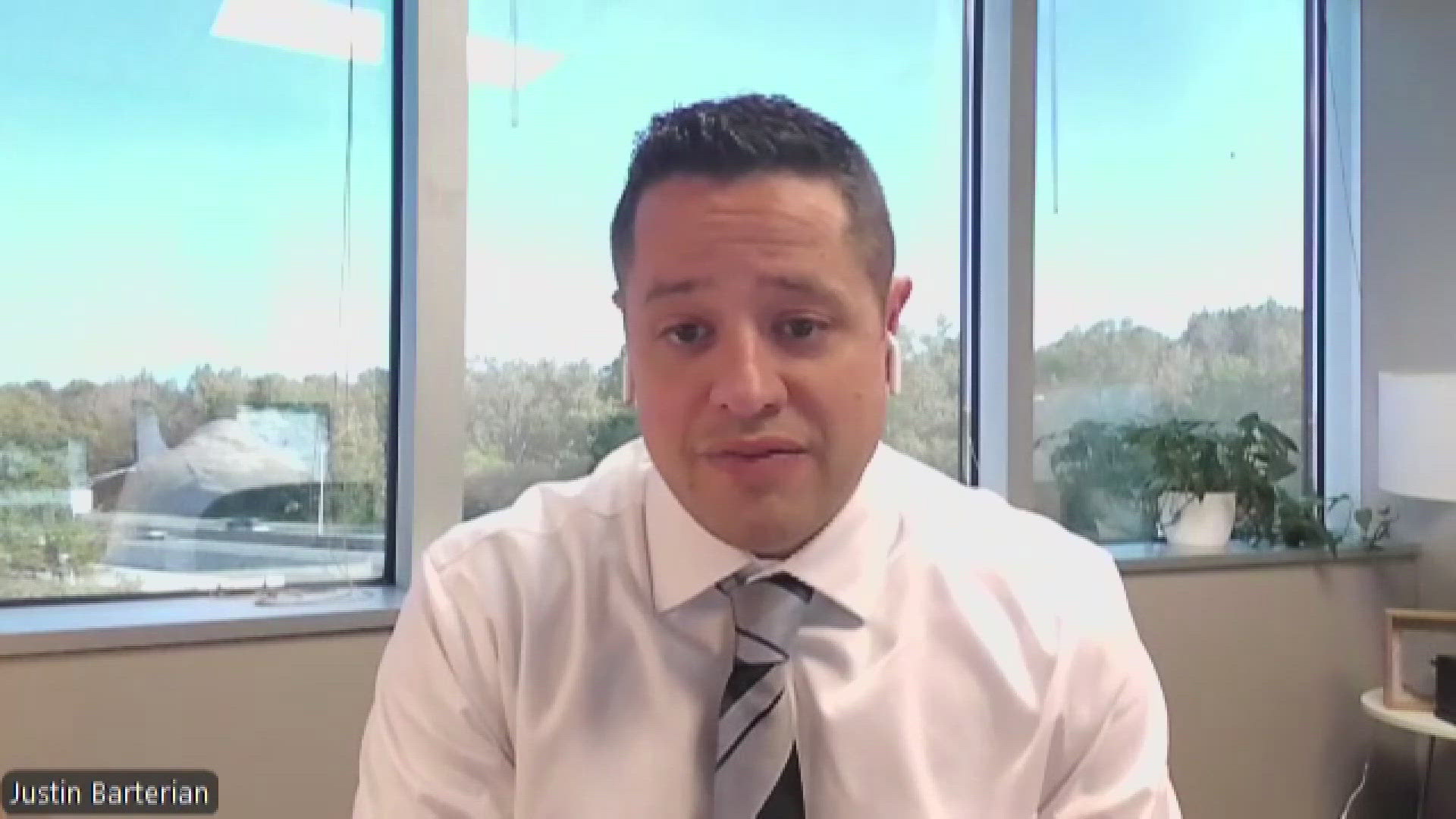COLUMBUS, Ohio — A national survey out today shows 25% of adults think they have undiagnosed attention deficit hyperactivity disorder (ADHD).
Researchers at The Ohio State University Wexner Medical Center released a study that indicates social media may be responsible for prompting people to ask doctors about their struggles with procrastination and lack of focus.
The study also showed that only 13% of those who think there is a problem have discussed it with their provider.
Allison Burk discovered her diagnosis after taking her daughter in for screening and treatment. She said living with undiagnosed ADHD impacted her life at home, on the job and in social circles.
“I just felt so validated because I realized how much I had been struggling without even kind of knowing that I was faced with this diagnosis," Burk said.
Medical experts describe ADHD as a lifelong disorder. If you think you have ADHD, the first step is to talk with your primary care provider for initial screening and to learn next steps for psychological evaluation.
Ohio State University Wexner Medical Center psychologist Justin Barterian said ADHD treatment for adults is similar to treatment for kids.
“The first line of treatment is typically stimulant medication where you'll see the most improvement with medications like Adderall and Vyvanse along with cognitive behavioral therapy setting up the environment for success," he said.
Barterian also noted that ADHD can be difficult to diagnose in adults because some of the symptoms are similar to those in other mental health conditions, such as depression or anxiety.
He pointed to the competition for our attention in what he described as the “hustle culture.” The disorder begins in childhood and left untreated the symptoms can continue in adulthood.
Experts at OSU Wexner Medical Center described three types of ADHD:
- Inattentive ADHD – Inability to pay attention and distractibility. This also is known as attention-deficit disorder (ADD).
- Hyperactive and impulsive ADHD – Hyperactivity and impulsivity.
- Combined ADHD – This type causes inattention, hyperactivity and impulsivity.

